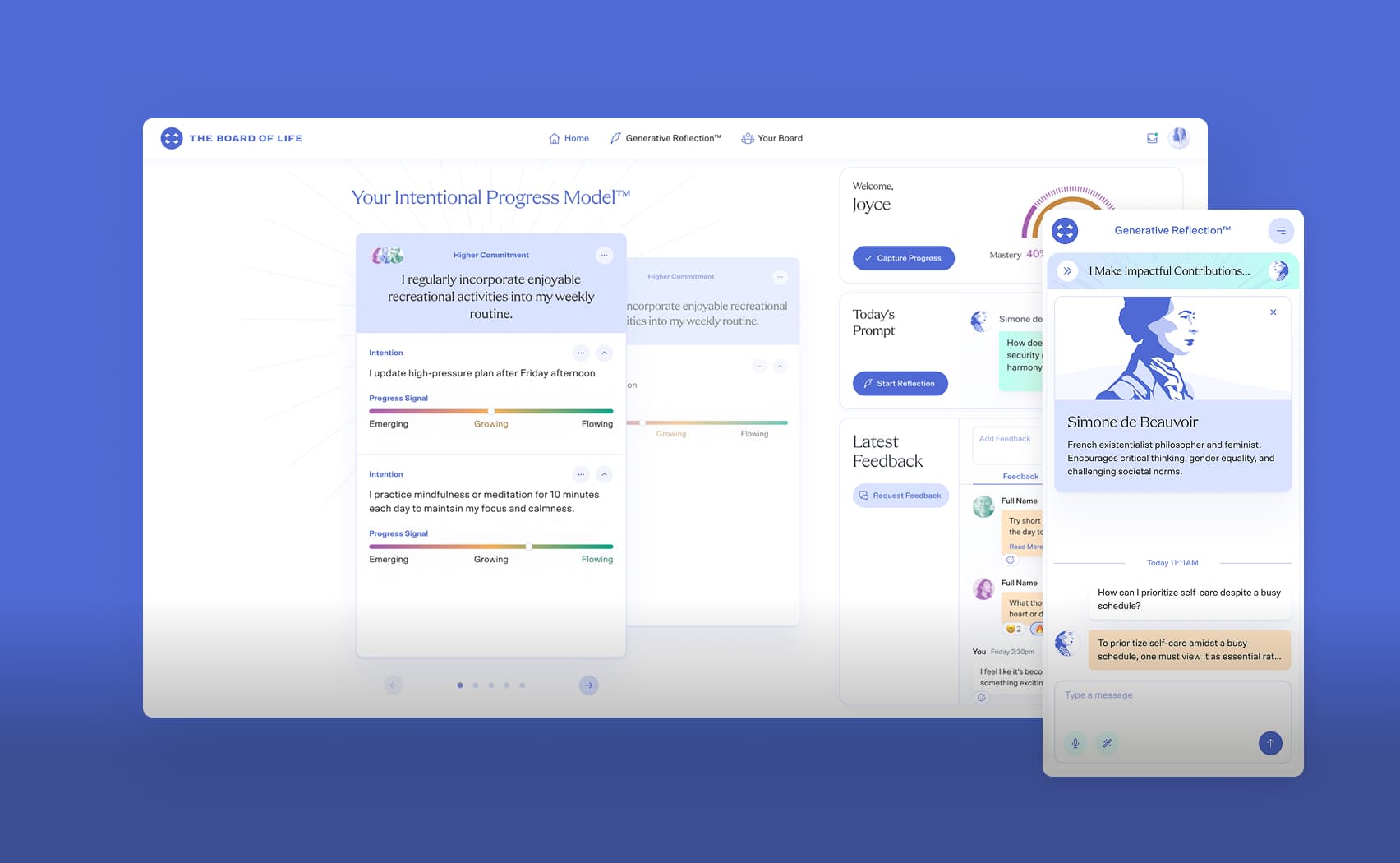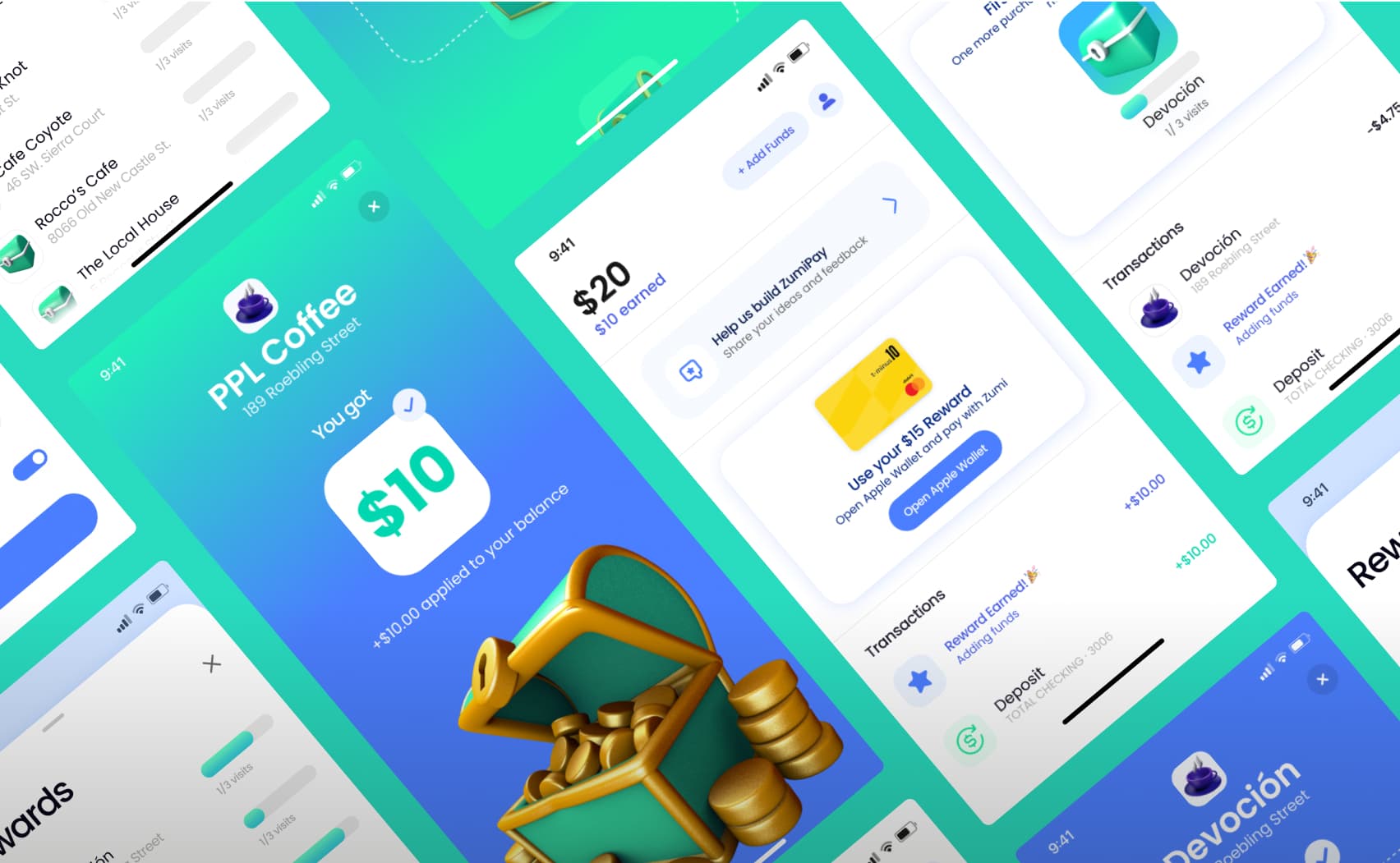The Crucial Role of Load Testing for MVP Success: An Introduction to k6
In the fast-paced world of software development, where rapid iteration and delivery are key, the concept of a Minimum Viable Product (MVP) has gained significant traction. An MVP allows developers to introduce a basic version of their product to market quickly, gathering invaluable feedback and insights from users. However, while speed is essential, the importance of thoroughly testing an MVP cannot be overstated. One critical aspect of testing, especially for an e-commerce MVP site, is load testing. In this article, we will delve into the significance of load testing for MVP success and introduce k6, a powerful tool that can help ensure the stability and performance of your e-commerce MVP.
When launching an MVP, the primary goal is to deliver a functional product to users. But functionality is just the tip of the iceberg. Underneath the surface lies a complex architecture comprising databases, servers, APIs, and various components that must work harmoniously to provide a seamless user experience. Load testing involves simulating the real-world usage of your MVP by subjecting it to a significant volume of concurrent users, transactions, or requests. This process helps identify potential bottlenecks, performance issues, and weaknesses in your application's infrastructure.
E-commerce MVPs are particularly challenging due to the demands they place on the system. These sites are expected to handle numerous concurrent users, process transactions swiftly, and maintain a responsive user interface. A minor glitch can lead to abandonment of shopping carts, frustrated users, and reputation damage. Load testing for an e-commerce MVP is not just about handling expected traffic, but also about ensuring that the platform can gracefully scale to accommodate unexpected spikes in user activity, such as during holiday seasons or flash sales.
k6 is an open-source, developer-centric load testing tool designed to tackle modern performance testing challenges. Built on Go, k6 offers simplicity, flexibility, and extensibility, making it an ideal choice for testing the robustness of your e-commerce MVP. With k6, you can create test scripts using JavaScript, allowing you to simulate realistic user scenarios, from browsing products to completing purchases.
k6's scripting capabilities allow you to define virtual users, their actions, and the distribution of those actions over time. By crafting these scripts, you can emulate various user behaviors, such as concurrent searches, adding items to carts, and navigating through different pages. k6's built-in metrics collection helps you monitor key performance indicators, including response times, error rates, and throughput. k6 supports three execution modes to run a k6 test: local, distributed, and cloud
k6 in action
- Emulating Real User Behavior: k6's JavaScript scripting empowers you to replicate authentic user behavior, ensuring accurate simulation of the load your e-commerce MVP might encounter. For example, you can create a script that simulates users concurrently searching for products with varying search terms.
import http from 'k6/http'; import { sleep } from 'k6'; export default function () { const searchTerms = ['shoes', 'electronics', 'clothing']; const randomSearchTerm = searchTerms[Math.floor(Math.random() * searchTerms.length)]; http.get(<https://your-ecommerce-mvp.com/search?query=${randomSearchTerm}>); sleep(2); }-
Scalability: E-commerce platforms must be ready to handle varying levels of traffic. k6 allows you to simulate gradual increases in load and abrupt spikes to gauge your MVP's scalability. The below script will ramp the number of VUs(virtual users) up and down during the test:
import http from 'k6/http'; import { check, sleep } from 'k6'; export const options = { stages: [ { duration: '30s', target: 20 }, { duration: '1m30s', target: 10 }, { duration: '20s', target: 0 }, ], }; export default function () { const res = http.get('<https://your-ecommerce-mvp.com/>'); check(res, { 'status was 200': (r) => r.status == 200 }); sleep(1); }
-
Comprehensive Performance Reports: k6 generates detailed performance reports, making it easier to analyze metrics and make informed decisions based on test results. You can run a test and generate reports using the following command:
k6 run script.js --out json=result.json
- Early Issue Identification: Detecting performance bottlenecks early in your MVP's development cycle empowers you to rectify issues before they affect users, saving time and maintaining user satisfaction. Customizable reports and detailed metrics aid in this endeavor.
Load testing an involves more than just emulating user behavior; it requires a strategic approach that aligns with the distinct goals of testing. By tailoring tests to specific objectives, you can gain deeper insights into your application's performance and resilience. For instance, when aiming to assess the platform's capacity for handling peak traffic during a seasonal sale, conducting a 'Spike Test' becomes crucial. This test simulates a sudden surge in user activity to evaluate how the system copes with abrupt increases in load. On the other hand, for evaluating the application's sustained performance under consistent load, a 'Stress Test' can be employed. This test sustains high user loads over an extended period, revealing any gradual degradation in performance. Moreover, 'Endurance Tests' can be valuable for gauging long-term stability by simulating real-world usage patterns over days or weeks. By intelligently selecting and designing different types of load tests that align with specific goals, you can uncover vulnerabilities, optimize resources, and ensure a robust application that delivers an exceptional user experience even during demanding scenarios.
Conclusion
Load testing is an integral part of ensuring the success of an MVP. By leveraging k6, you can proactively identify and address performance issues, enabling your MVP to deliver a seamless experience to users even during peak loads. With its user-friendly scripting, extensive metric tracking, and adaptability, k6 empowers you to fine-tune your MVP's performance, ensuring that it not only functions but thrives in the competitive world.
Learn more about JetRockets' MVP Development services and contact us today for a free consultation!
Learn more about JetRockets' MVP Development services and contact us today for a free consultation!



